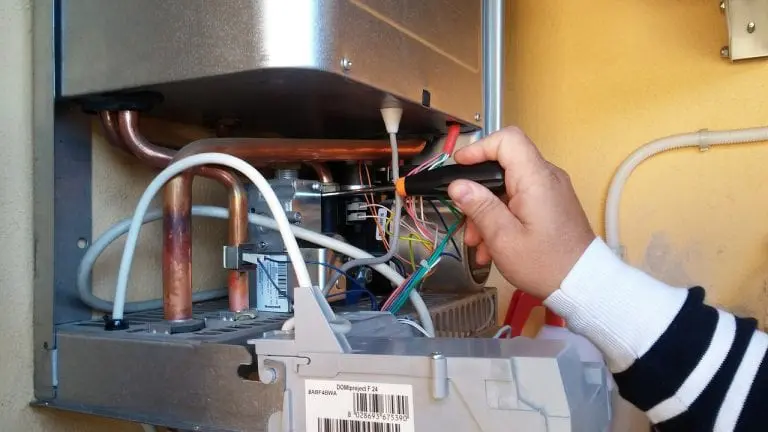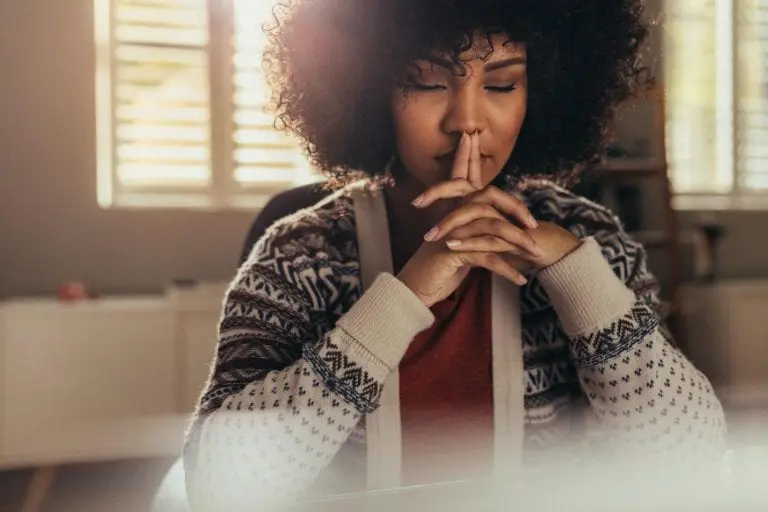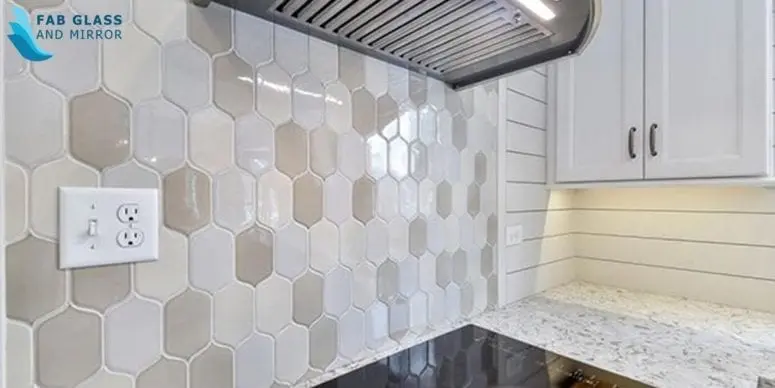How To Avoid Turning Your Home Into A Hoarder House

Many people are guilty of living with a certain amount of clutter. Perhaps, you haven’t sorted the mail yet, or you still have the old childhood keepsakes that you never want to let go of. You can feel disorganized and burdened by such clutter, which can lead to stress and anxiety sometimes. The process of decluttering doesn’t need to be a laborious one. You can quickly reduce clutter by following some basic guidelines.
If you’ve watched some programs on TV, you’ve probably seen a hoarder’s home transformed. However, in real life, it’s more complicated than such a magical turnaround. When you or a family member accumulates clutter excessively, this might already lead to a hoarding disorder, depending on its scale. At first, it might be just a bunch of bits and pieces, or several stacks of paper. But, eventually, next thing you know, your home is already full of piled up things whose uses you can’t even make sense of anymore.
To help you avoid the point of becoming a hoarder, here are some essential tips to follow:
- Hire Professional Rubbish Removal Services
Professional assistance might come in handy and make the removal process more accessible than ever. Hiring professional rubbish removal companies, like Dirt Cheap Rubbish Removal, can hand load all your rubbish into their trucks, all in one day and one go. Eventually, you can save yourself from the burden of having to remove all trash one by one, which often takes more time than you expected.
- Declutter
Some people find it hard to discard some items more than others. Plastic bags or old bills, for instance, are presumably easier to get rid of than keepsake memories, like photos, souvenirs, and gift cards, as these items usually evoke memorable moments and nostalgia. But, the reality is that decluttering is one effective way to reduce chaos in your life.
For your convenience, try this approach: make a list of all the items you’ve been hoarding and rank them from 1 to 10 according to their ease of disposal. You should tackle the more accessible things first, not the top-ranked ones, which you fear throwing away. By gradually getting used to discarding your possessions and increasing your tolerance, you may end up letting go of more unnecessary things.
- Assess Your Collections
Your beloved collections can quickly become cluttered and are challenging to organize. Say, you’re a book lover and always buy more books to read. The bookcase may soon become too crowded, and you end up storing your books elsewhere in your home, which, of course, results in making it topsy turvy.
It’s probably best to give away some of those books, unless you’re planning to read them all over again. You may want to keep the books you know you’ll read again, but consider donating the rest as it would be more beneficial for others than you. You could even set a limit for yourself, like not purchasing more books that can fit in one bookcase. This approach applies to your other collections, too, like bags, perfumes, and practically anything else.
- Secure A Storage Space
Items around the house often hold value and are still price-worthy. A quick check on online selling websites, like eBay or Facebook Marketplace, can give you an idea of what certain pieces might be worth.
It’s possible to find a significant number of valuable pieces to sell. If you don’t have time to sort through them right away, place them in a storage unit or use practical storage ideas, and you can visit them back again when you’re ready to sell them online or through a garage sale.
- Donate Your Used Or Unused Items
It doesn’t matter how valuable you think an item is if you haven’t used it. This is already an indication that it may not be helpful for you anymore. An example would be when you bought a set of brush sets, yet you never laid a hand on them after purchase. Maybe, you purchased an exciting cookbook but didn’t even flip a single page to use it when cooking.
Don’t keep items that don’t work with your lifestyle. In doing so, some lovely things will go to someone who’ll appreciate them. In the process, you gain more storage space for your other essential stuff, which are suitable for your lifestyle.
Conclusion
It could be tempting just to keep all the stuff you’ve generated and acquired over the years. Some things sure are hard to let go of but remember that clutter (in any form in your life) will lead to a disorganized and unhealthy lifestyle. Nothing good will come out of hoarding as it’ll only make you feel agitated, anxious, and stressed. Hence, apply the tips mentioned above and maintain a clutter-free life.









